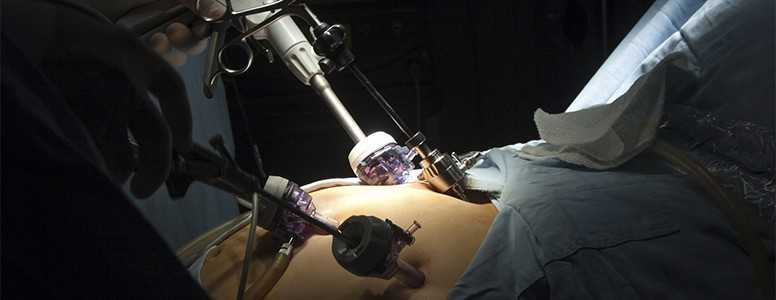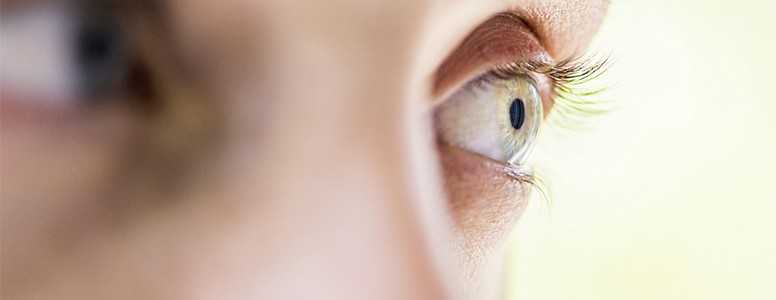American researchers have assessed the benefits of bariatric surgery for obese adolescents and found it may represent an effective treatment under the right circumstances.
A team from Rutgers University looked into the justifiability of the procedure for teenagers as pediatricians have been cautious about recommending the surgery in the young. The reviews gathered evidence that can help healthcare professionals make an informed choice.
The review states that surgery represents a viable option for adolescents who are obese and have additional long-term health conditions such as type 2 diabetes.
Dr Ahmed Khattab, who took part in the study, said: “If we look at obesity as a disease with the real possibility of eventual organ system failure and special health concerns for adolescents, we need to ask whether health care practitioners are doing enough to manage it. The objective evidence shows that, under the right circumstances and with the right patients, bariatric surgery is an effective treatment for adolescents with obesity.”
The review, published in The Journal of Pediatrics, investigated the available evidence on bariatric surgery in adolescents as well as adults.
Bariatric surgery has been considered effective for obese adults, with reports of improved health outcomes including remission of type 2 diabetes, but only with long-term, healthy lifestyles following the operation.
Studies involving bariatric surgery in adolescents were limited, but the evidence reveals success including type 2 diabetes remission as well as eliminating abnormal kidney function.
The referred to guidance from the Endocrine Society which suggests people should only be considered for the operation if they are extremely overweight, have complications from obesity, and have followed a lifestyle intervention programme. They must also be near to the end of puberty and close to the height they will reach as an adult.





